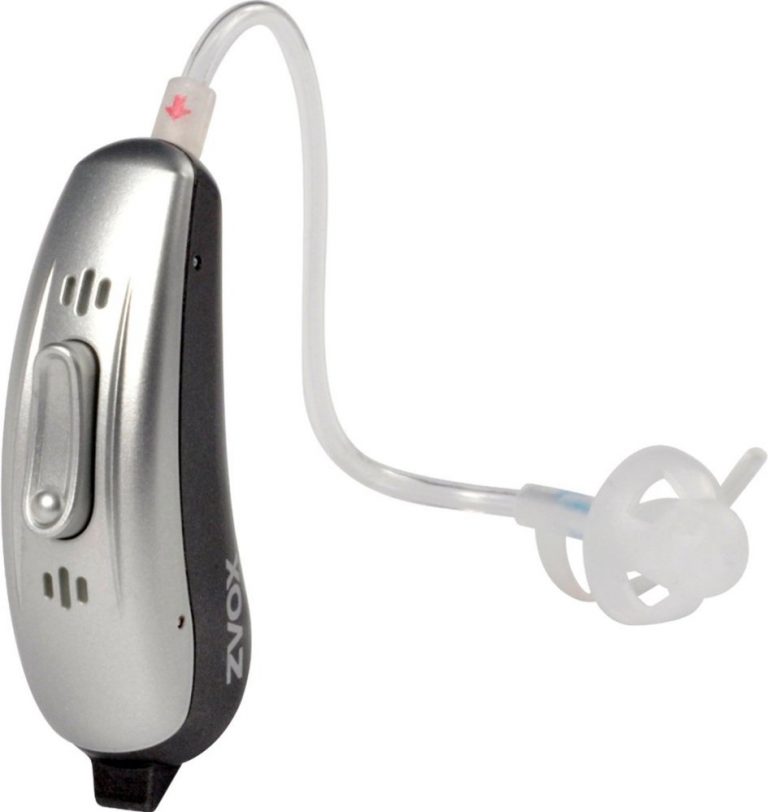
Medicare part A
A friend of mine always says that Estate Sales are just fancy garage sales and he could not be farther from the truth. Good estate sale companies have many contacts and experience in selling the many possessions that seniors collect throughout the years. When I interview estate sale contacts I am always amazed on the items they see as "valuable" and some items I would see as "high worth" have little if any value.
"We can't believe how much we received from the estate sale profits. We paid for Mom & Dad's move to the senior living facility and added some $ to their savings which is great and the estate sale comapany did the work"
Medicare part A Specifics
Medicare was signed into law in 1965 and covers three main groups of people. For most Americans it is free if you worked and paid Medicare taxes for 40 quarters or 10 years:
- Seniors (65 plus) – main group that is covered
- Disabled Americans – Americans that have been disabled for over 24 months and is meant for the truly disabled. One exception is people that have ALS.
- End State Renal Disease – This covers patients on dialysis
What does Medicare part A cover?
- In-Patient Hospital Stay – You pay the deductible of $1,288 for the first 60 days of hospitalization. You will then pay $322 per day from day 61 to day 90 and $644 per day after day 90. This is not a yearly deductible period and 60 days after leaving the hospital (or skilled nursing) you will be subject to the $1,288 again in the same year. It is possible for the same person to pay the deductible three or four times in the same year.
- Hospice – Pays 100% of hospice but the patient may pay $5 prescription copays.
- Skilled Nursing Facility Care (SNF) – Medicare part A only covers “skilled care” usually following a hospitalization that the physician feels skilled care is needed (minimum three days).
- First 20 days Medicare pays 100%
- Day 21 to 100 Medicare usually pays 80%
- Day 100 Plus Medicare pays nothing
Action Step: If you are not yet receiving Social Security before 65, then you SHOULD enroll in Medicare part A & B in the 3 month window before you turn 65. There are very few instances where this is not great advice.
Golden Nugget: The present day DRG system was adopted in 1982 to identify diseases and situations so Medicare could pay hospitals a fair amount versus what the hospital billed Medicare. Medicare used many factors in these calculations and also adjusted the reimbursements by the economies of the different areas. An example is that a Minneapolis community hospital gets reimbursed $7,546 for a knee replacement without complications..
Medicare part A Video
6 minute YouTube Video describing the mechanics of a great estate sale.











